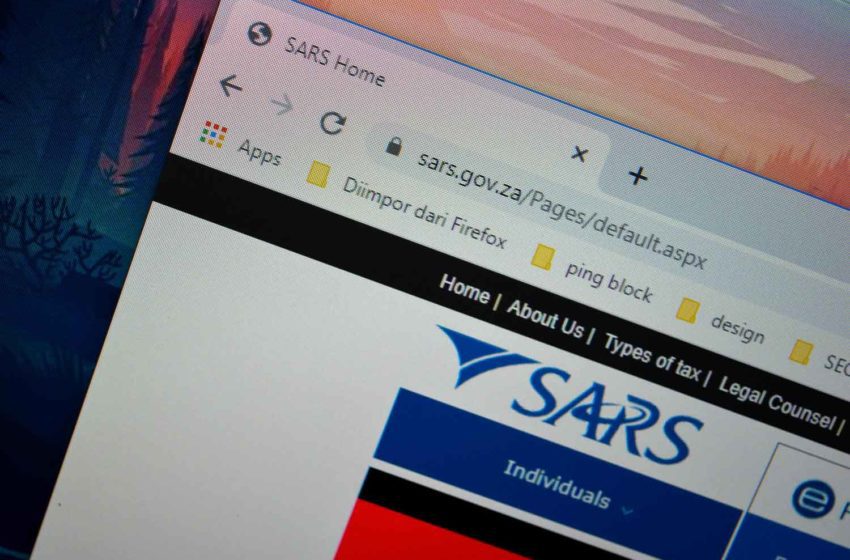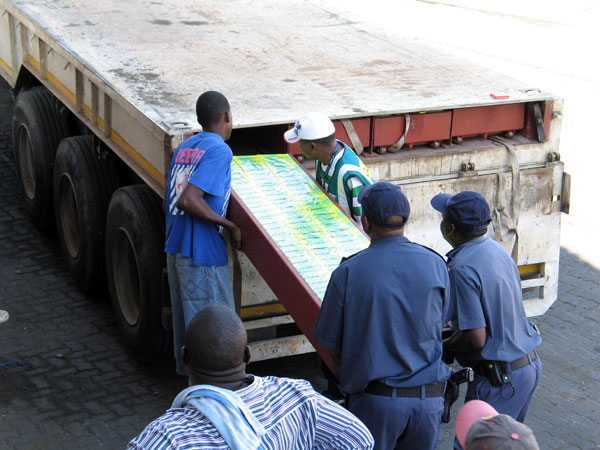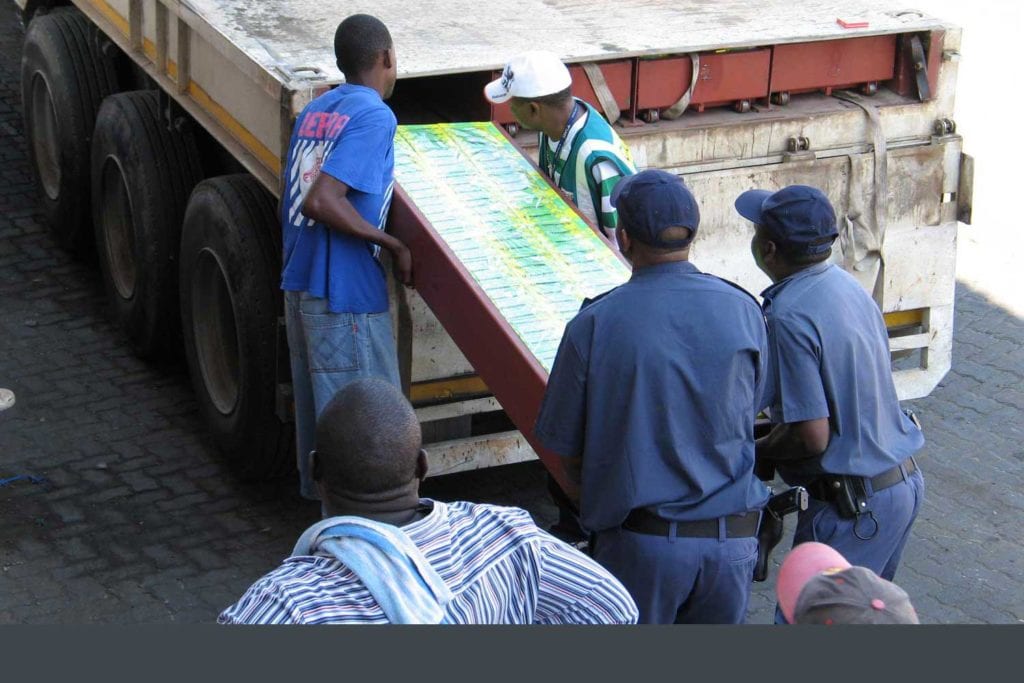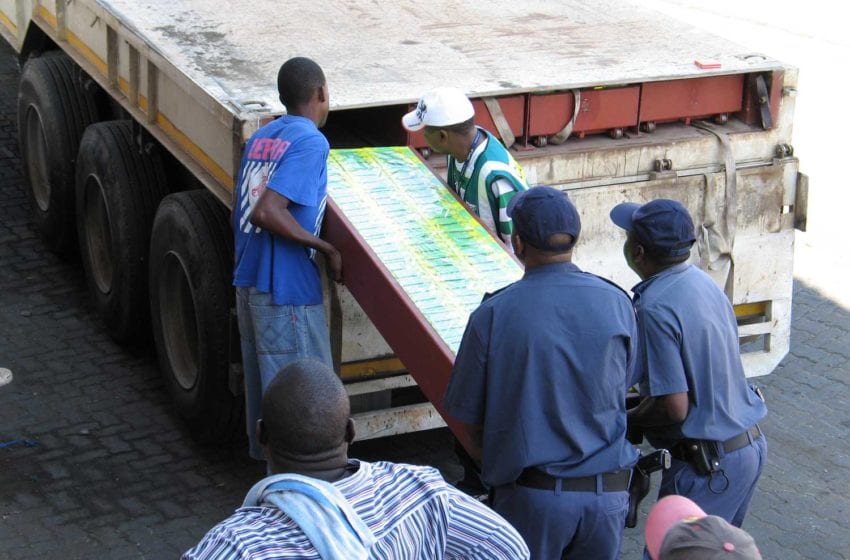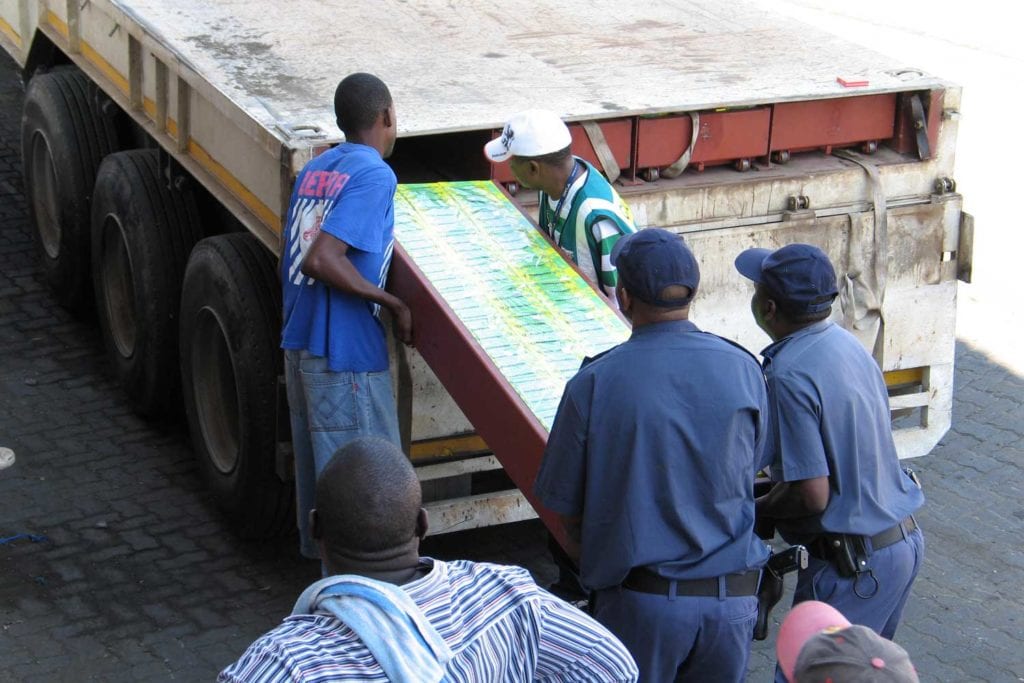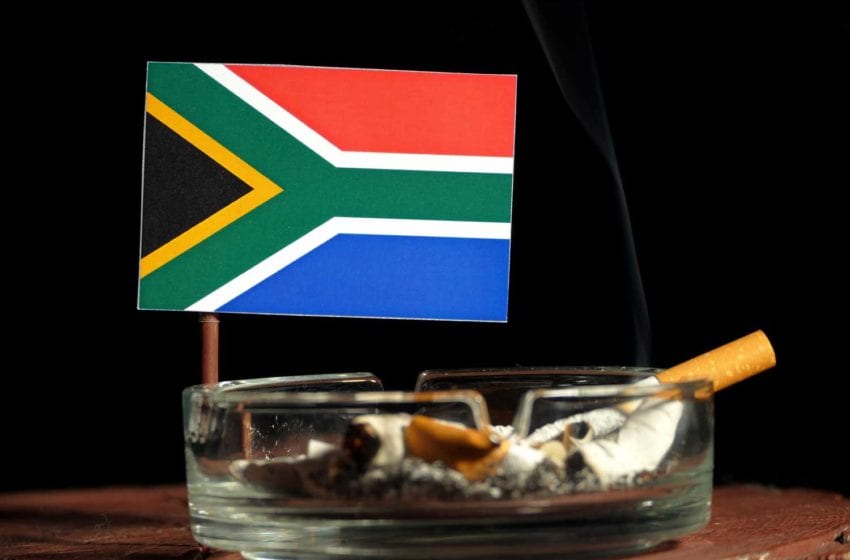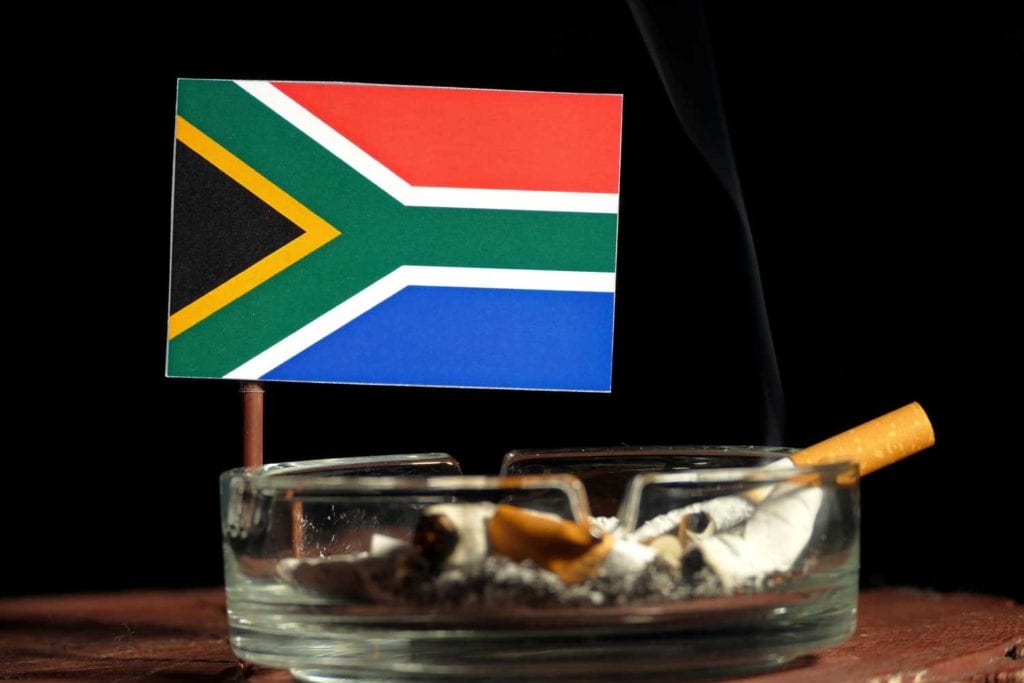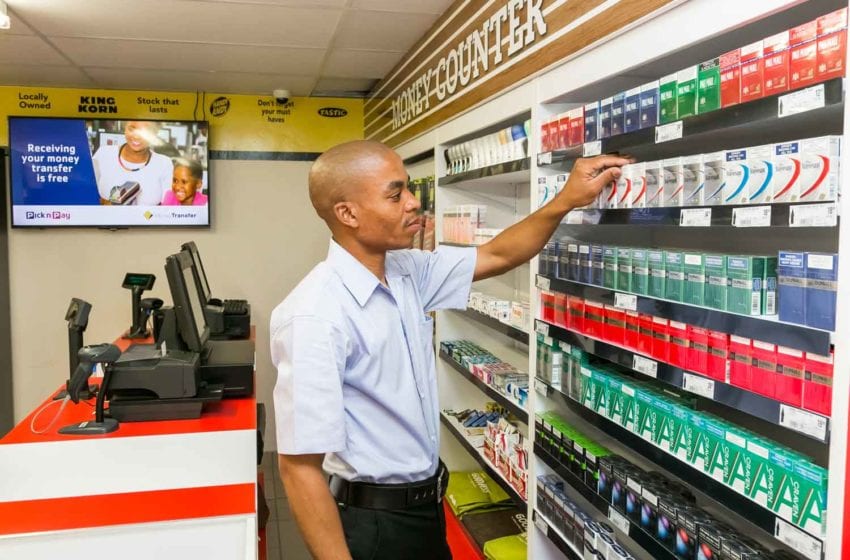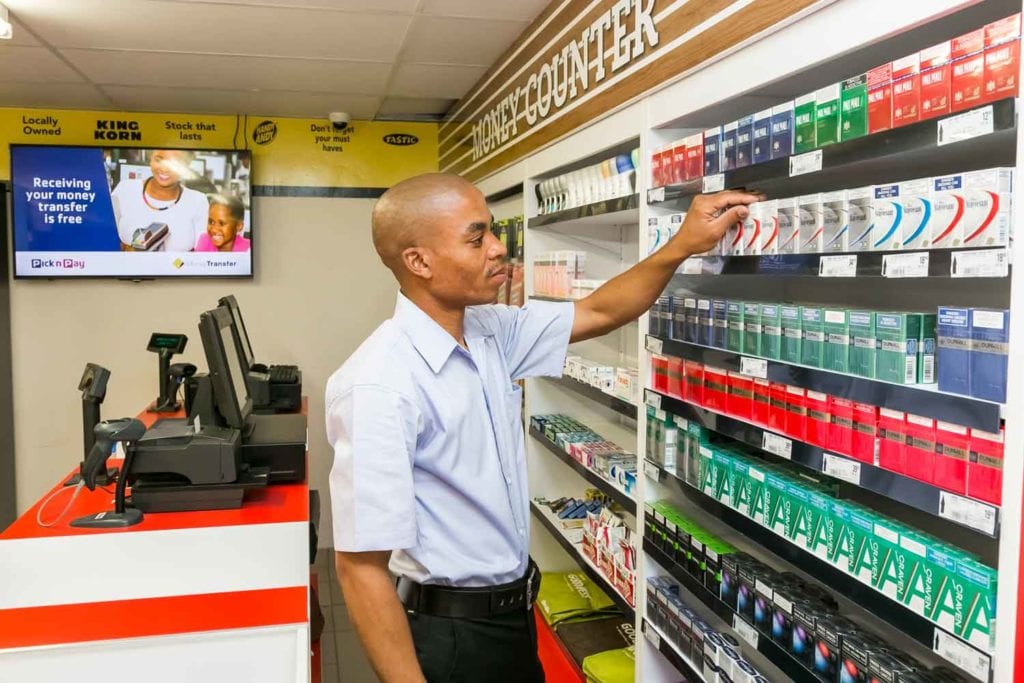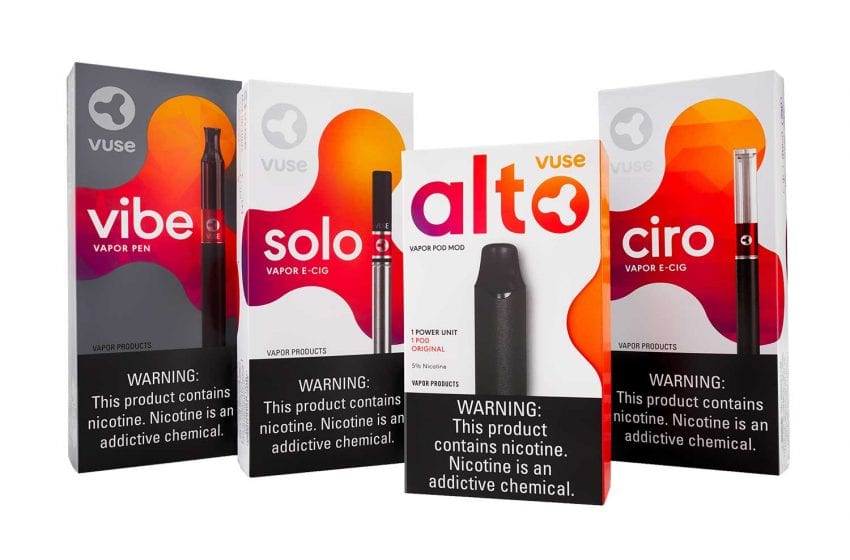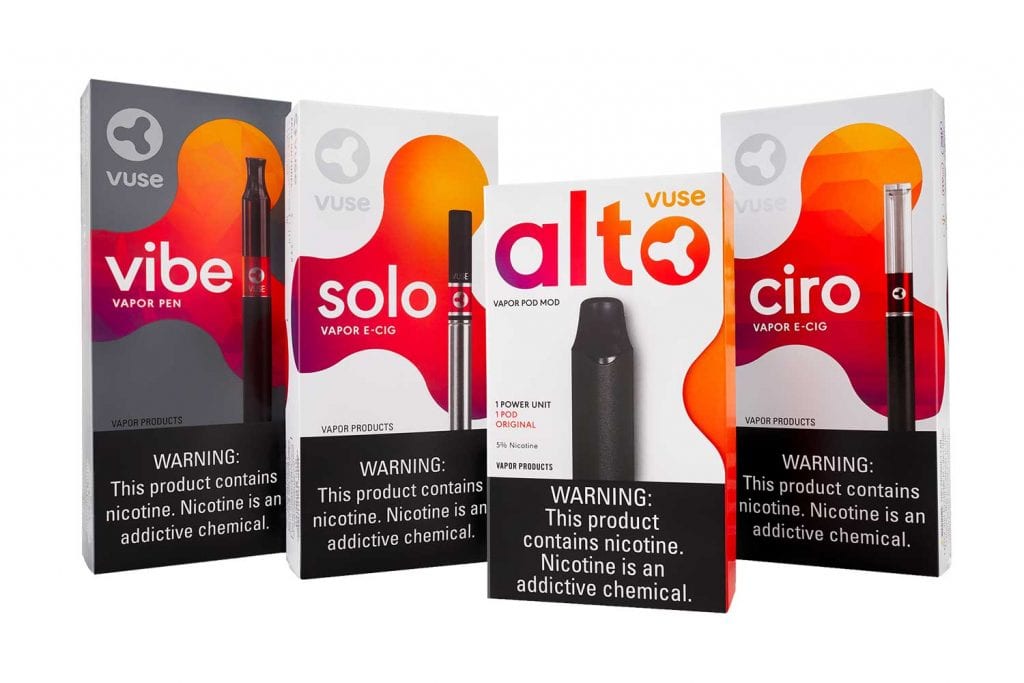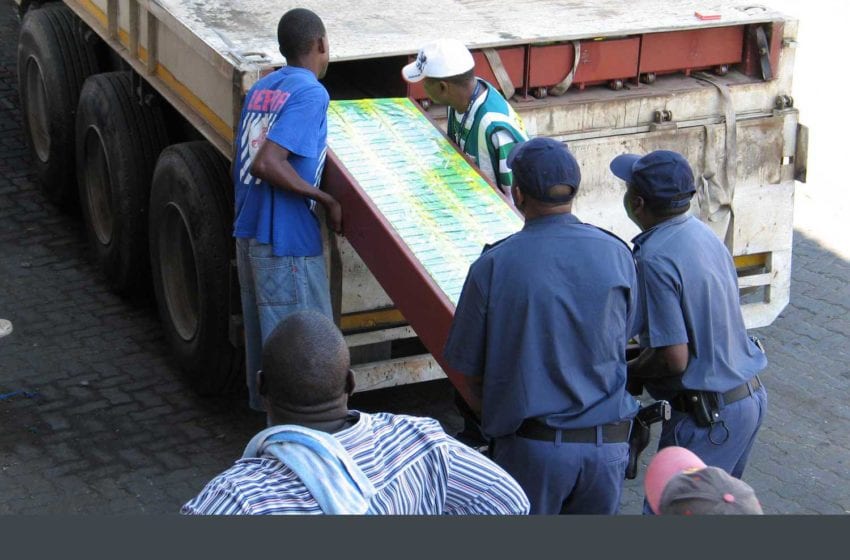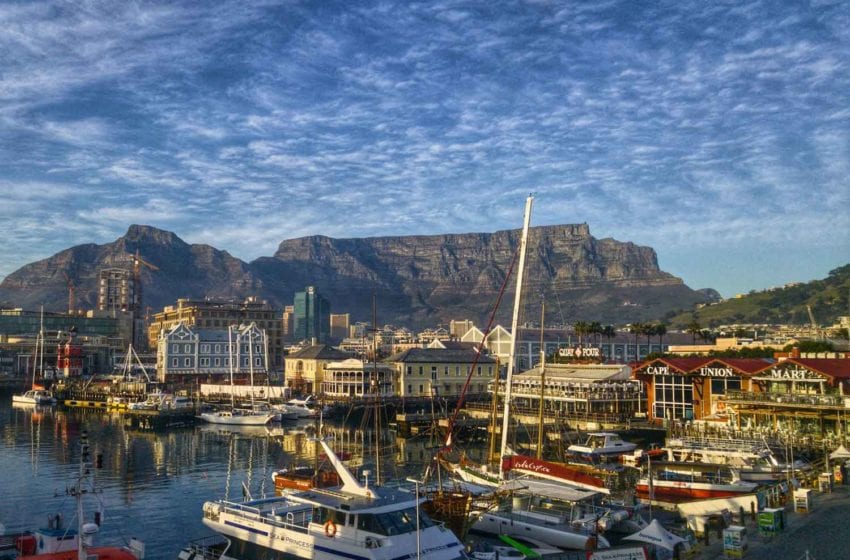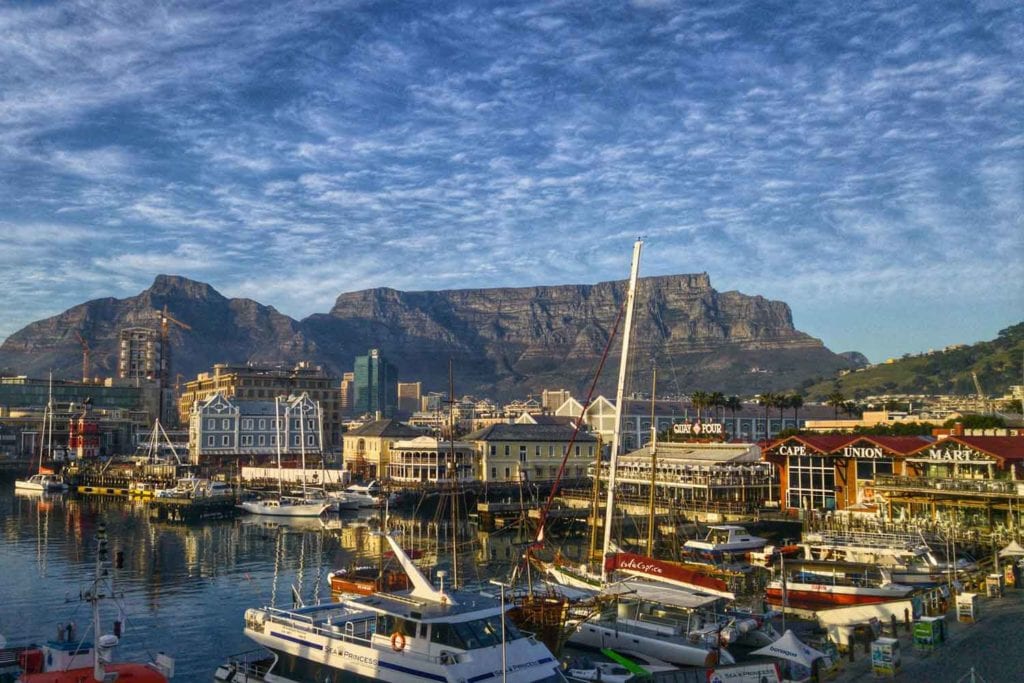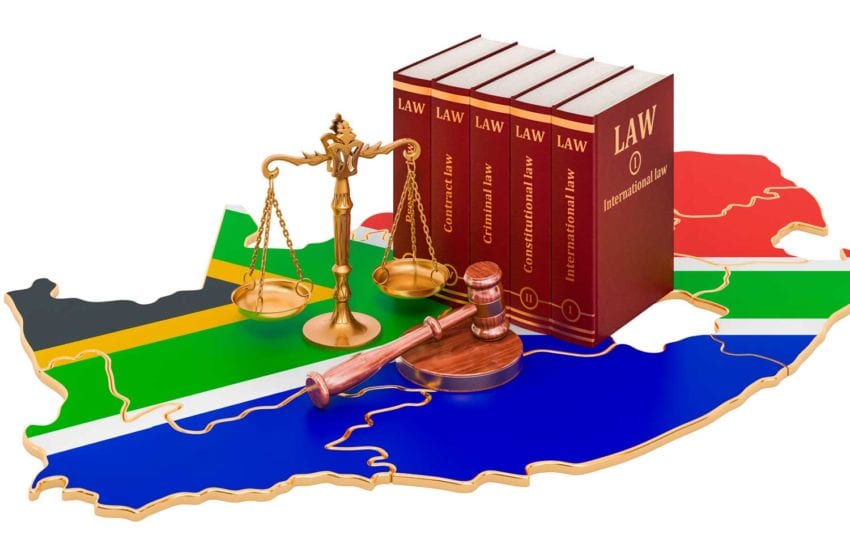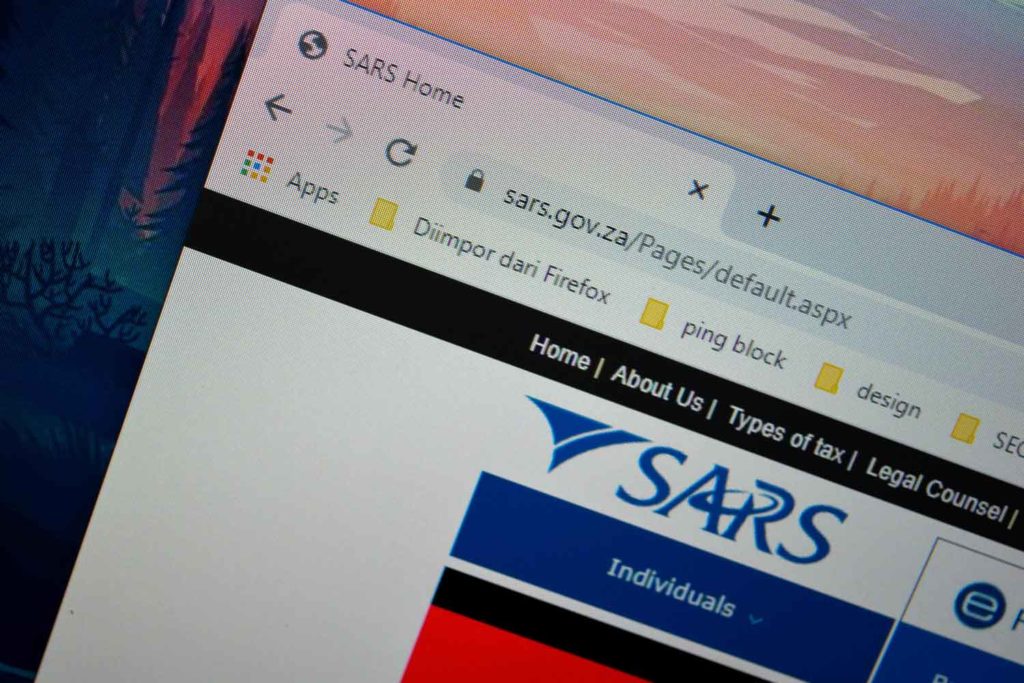
The South African Revenue Service (SARS) is failing to use all the tools at its disposal to combat the illicit cigarette trade that is depriving the country of billions of rand in desperately needed taxes, British American Tobacco South Africa (BATSA) wrote in a press release.
On the day that independent research revealed tax-evading cigarettes are now on sale in almost half of stores nationwide, SARS Commissioner Ed Kieswetter appeared to admit defeat when he told MPs the illegal tobacco trade was a problem “significantly bigger than SARS.”
In response, BATSA General Manager Johnny Moloto said: “SARS has the power to tackle the manufacturers of illicit cigarettes and dramatically reduce the huge losses to our fiscus,” said BATSA General Manager Johnny Moloto. “But, for some reason, they are unwilling or unable to act.
“Production Counter Rules were instituted more than a year ago and this should mean all manufacturers are accountable for every cigarette they make. Yet SARS does not seem to be adequately enforcing their policy that would ensure these regulations are being followed.
“SARS published draft CCTV camera rules for public comments two months ago. In light of the commissioner’s own admission, we are calling on SARS to implement these rules as of January 2022 instead of June 2022 to strengthen the control of local production.
“All manufacturers should demonstrate that they follow the Production Counter Rules or explain what they are trying to hide.”
“SARS officials told MPs on Tuesday that the biggest problem is not smuggling, but illicit cigarettes being produced in this country,” said Moloto.
“They know the problem, and they should know who is responsible. Instead of throwing up their hands in despair, they should follow the money and catch the criminals who are siphoning billions out of our beleaguered economy.”

